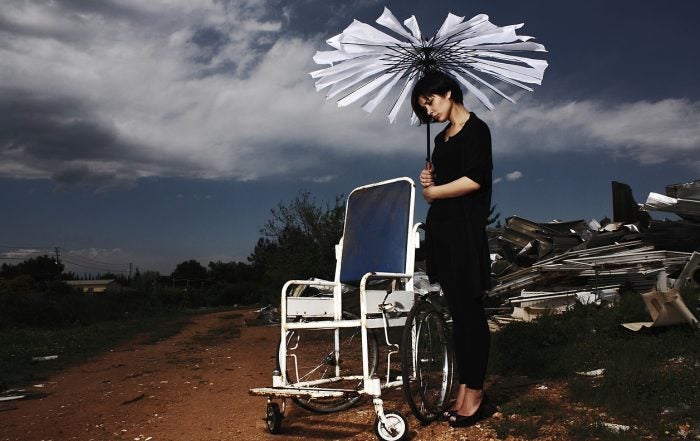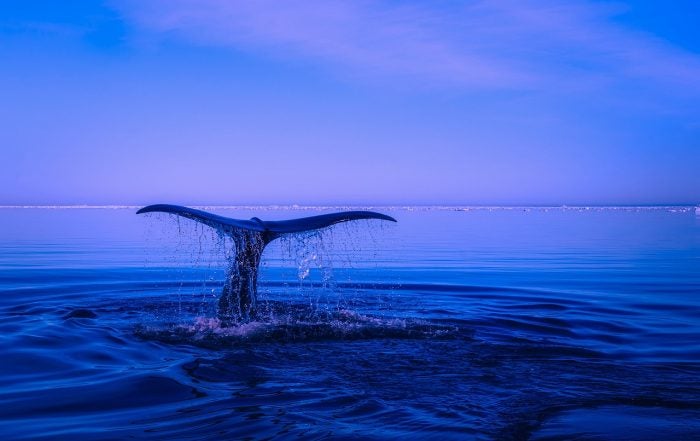Home » Undergraduate Research
Category Archives: Undergraduate Research
Floating Photovoltaics (FPVs): Impacts on Algal Growth in Reservoir Systems
By Benjamin Narwold, Environmental Science and Management major ’23 Author’s Note: I wrote this review paper to learn more about the environmental impacts of floating photovoltaics (FPVs) because this topic directly applies to my work as an undergraduate researcher position with the Global Ecology and Sustainability Lab at UC Davis. I wanted to focus specifically […]
Inference on the Dynamics of COVID-19 in Kerala, India
By Darya Petrov Author’s Note: I worked on this research project at the peak of the COVID-19 pandemic, while we were fully remote and on lockdown. I chose this topic because it was extremely relevant given the circumstances. I hope this report conveys the importance and value of the union of statistical modeling and public […]
Recovering Individual Based Model Outcomes on Spatiotemporally Coarsened Data
By Sameerah Helal, Applied Mathematics, Under supervision of Stephanie Dodson Author’s Note: Individual Based Models (IBMs) are commonly used to study animal migrations and foraging behaviors. These flexible models are powerful in identifying the mechanisms driving animal movement; however, when fed spatially or temporally coarse environmental data, IBMs can often produce inaccurate model outcomes. Here, […]
The Neck Raising Behavior of Branta canadensis
By Cristina Angelica Bilbao, Biological Sciences ‘22 Author’s Note: I performed this ethological research study for my Zoology class at Las Positas College. I love animals and was excited to have the opportunity to conduct research on an animal of my choice. I chose to research Canada Geese because I grew up around them and […]
The Parable of the Passenger Pigeon: How Colonizers’ Words Killed the World’s Largest Bird Population
By Jenna Turpin, Wildlife, Fish, and Conservation Biology ‘22 Author’s Note: I started this piece as an assignment for my undergraduate expository writing class under the guidance of my supportive professor Hillary Cheramie. Hillary urged me to take my writing beyond her course. In May, I had the wonderful opportunity to share this research at the […]
Organization and Localization of Septins Changes After Autophagy Induction in Yeast
by Bukre Coskun, Cell Biology ‘18 Authors Note: I wrote this mini journal article for my MCB 140L class. The class focused on the role and structure of septins, a group of proteins that are associated with several biological pathways, like autophagy. I chose to write about a set of experiments we did using yeast-two […]
Abundance Estimates And Vegetation Preferences Of The Suisun Song Sparrow In The Interior And Along Edges Of Impounded Wetlands
By Debi Fanucchi, Oscar Garzon, Julia F. Herring, and Kevin M. Ringelman ABSTRACT The Suisun Song Sparrow (Melospiza melodia maxillaris) is a subspecies of Song Sparrow that is endemic to the Suisun Marsh of California. It is listed as a state species of special concern by the California Department of Fish and Wildlife due to […]
Fecundity Decrease in Drosophila simulans in the absence of Wolbachia
By: Jack Taylor, Biochemistry and Molecular Biology ’15 Sponsor: Michael Turelli, Ph.D. Ecology and Evolution Many species of arthropods host Wolbachia, maternally transmitted bacteria that often influence host reproduction. This manipulation of host reproduction has contributed to Wolbachia becoming a normally-present infection of many Drosophila simulans. The Y36 isofemale line, a population of Drosophila simulans […]
“Drosophila Are Cute”
Work by Don Hoang, 4th year Microbiology major at UCD. Pieces were featured on a scientific poster on Drosophila/Yeast interactions in 2014.
Dissecting the signaling pathway regulating early stages in parasitic plant, host plant interactions
By Lee Nguyen, Biotechnology ’14 Parasitic plants pose a serious threat to the world’s agriculture and environment. Understanding the parasitism signaling pathway will help identify methods of pest control as well as pest resistance. One gene that enters the parasitic signaling pathway early is TvQR1, a gene that encodes an enzyme that catalyzes an oxidation-reduction […]

